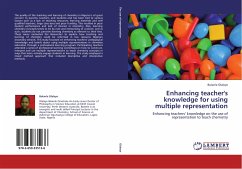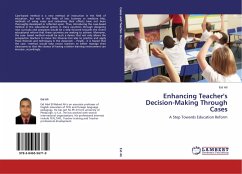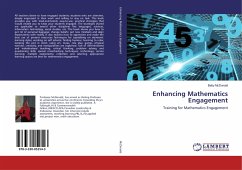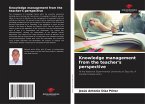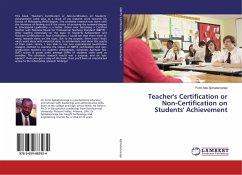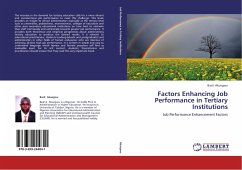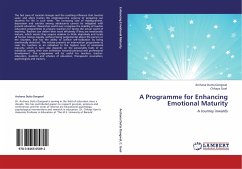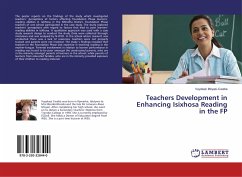The quality of the teaching and learning of chemistry in Nigeria is of great concern to parents, teachers, and students and has been tied to various factors such as a lack of teaching resources, learning materials and well qualified teachers, large class sizes and poor funding. This resulted in poor student performance and lack of interest in chemistry. Also, learning chemistry concepts tends to be by rote and memorising of content, and as such, students do not perceive learning chemistry as relevant to their lives. These issues motivated the Researcher to explore how teaching and learning of chemistry could be reformed in low resource Nigerian secondary schools. This study focussed on enhancing teachers pedagogical knowledge and beliefs about using multiple representations in chemistry education through a professional learning program. Participating teachers attended a series of professional learning workshops on how to construct, interpret and use multiple representations to teach chemistry concepts in ways that more actively engage students in learning. The study employed a mixed method approach that included descriptive and interpretive methods.
Bitte wählen Sie Ihr Anliegen aus.
Rechnungen
Retourenschein anfordern
Bestellstatus
Storno

